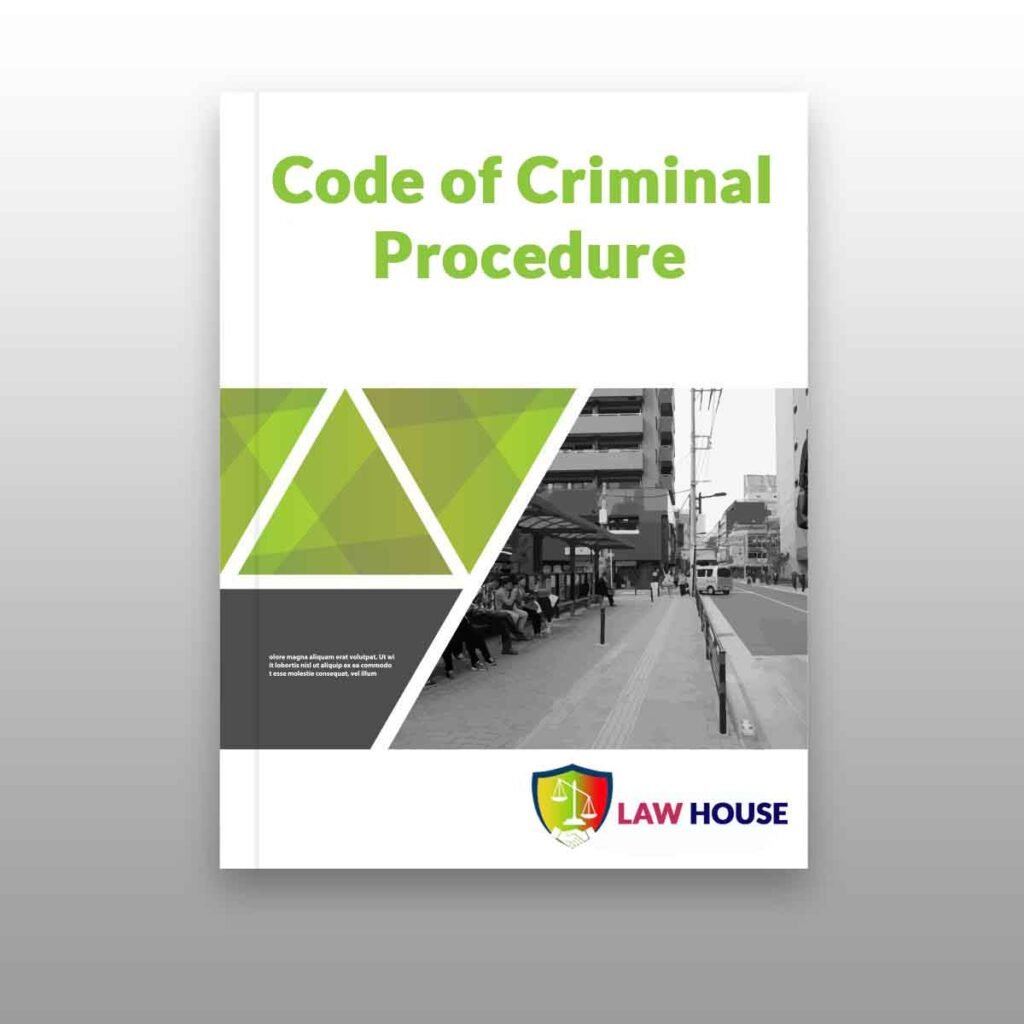CLASSIFICATION OF OFFENCE
This article will guide you in detail on Cognizable and Non-Cognizable offences in India, Depending on the nature and gravity of an offence they can be classified under any of the following heads:
- Bailable and non-bailable offence
- Cognizable and non-cognizable offence.
- Compoundable and non compoundable offence

Read: What is Bailable & non Bailable Offences
Cognizable offence:
What is Cognizable Offence? : “Cognizable offence” means an offence for which, and “cognizable case” means a case in which, a police officer may in accordance with the first schedule or under any other law for the time being in force, can arrest the convict without a warrant and can start an investigation without the permission of the court. Cognizable offences are generally heinous or serious in nature such as murder, rape, kidnapping, theft, dowry death etc. The first information report (FIR) is registered only in cognizable crimes or offences.
Under section 154 Criminal Procedure Code (CrPC), a police officer is bound to register an FIR in case of a cognizable crime. He can also conduct some kind of preliminary inquiry before registering the FIR. In these offences, a convict is arrested and produced before the magistrate in the stipulated time. Owing to the serious nature of the crime, the court’s approval is implicit in cognizable offences.
Key Points:
- Police officer can arrest without warrant.
- And such cases, after arrest has been made, the accused will be produced before a magistrate, and he may require the police officer to investigate the matter.
- After investigation, if the case is made out, i.e. charge sheet filed goes against accused, the magistrate can order for arrest.
- During the pendency of trial, bail application can be moved before the concerned magistrate.
- Cognizable offences are both bailable, and non-bailable.
They are usually offences that are serious in nature. Examples offences.
Example / List of Cognizable Offence
- Waging or attempting to wage war, or abetting the waging of war against the government of India,
- Murder,
- Rape,
- Dowry Death,
- Kidnapping,
- Theft,
- Criminal Breach of Trust,
- Unnatural Offences.
- Criminal Breach of Trust
- Unnatural Offenses
cognizable offence comes under which section?
It is defined in the Section 2(c) of the Criminal Procedure Code, 1973

Read: Compoundable & Non-Compoundable Offences
Non-cognizable offence in India:
What is Non Cognizable Offence ? “Non-cognizable offence” means an offence for which, and “non-cognizable case” means a case in which, a police officer has no authority to arrest without warrant. A non-cognizable offence is the offence listed under the first schedule of the Indian Penal Code and is bailable in nature. In case of a non-cognizable offence, the police cannot arrest the accused without a warrant as well as cannot start an investigation without the permission of the court. The crimes of forgery, cheating, defamation, public nuisance, etc., fall in the category of non-cognizable crimes.
In this type of crimes, a criminal complaint is lodged with the metropolitan magistrate or with the Judicial Magistrate of competent jurisdiction who is supposed to order the concerned police station to initiate an investigation. The police officer is file the charge sheet with the court which is followed by a trial. After the trial, if the accused is found guilty, the court passes the order to issue the warrant to arrest the accused.
Key Points:
- Non cognizable offences are those, where a police officer cannot arrest without a warrant.
- In such offences for arrest, all the steps have to be followed like
- Filing of complaint/F.I.R.
- Investigation
- Charge sheet,
- Charge sheet to be filed in court
- Trial
- Final order of arrest if case has been made out.
Examples of Non-Cognizable offences
- Assault,
- Cheating,
- Forgery
- Defamation
Non cognizable offence comes under which section?
It is defined in Section 2(I) of Criminal Procedure Code 1973.
Meaning in hindi
Cognizable offence meaning in Hindi : संज्ञेय अपराध
Meaning in hindi
Non Cognizable offence meaning in Hindi: असंज्ञेय अपराध
Difference between Cognizable and Non Cognizable offence
| Cognizable | Non-Cognizable |
|---|---|
| It is the offence in which a police officer can arrest the convict without the warrant. | It is an offence in which a police officer cannot arrest a person without a warrant. |
| The police can start a preliminary investigation without the permission of the court or without registering the FIR. | The police officer cannot start the investigation without the permission of the court. |
| These are heinous crimes like murder, rape, dowry death etc. | These crimes are not so serious like forgery, cheating, defamation etc. |
| The victim can file an FIR or make a complaint to the magistrate. | The victim can only make a complaint to the magistrate. |
| It is defined in the Section 2(c) of the Criminal Procedure Code, 1973. | It is defined in Section 2(I) of Criminal Procedure Code 1973. |
| The police officer is bound to register the FIR even without the permission of Magistrate. | The police officer is not bound to register the FIR or cannot register the FIR without prior permission of the magistrate. |
| It is a non-bailable offence. | It is a bailable offence. |
Related Books:

-
Previous Post
What to Bring?



